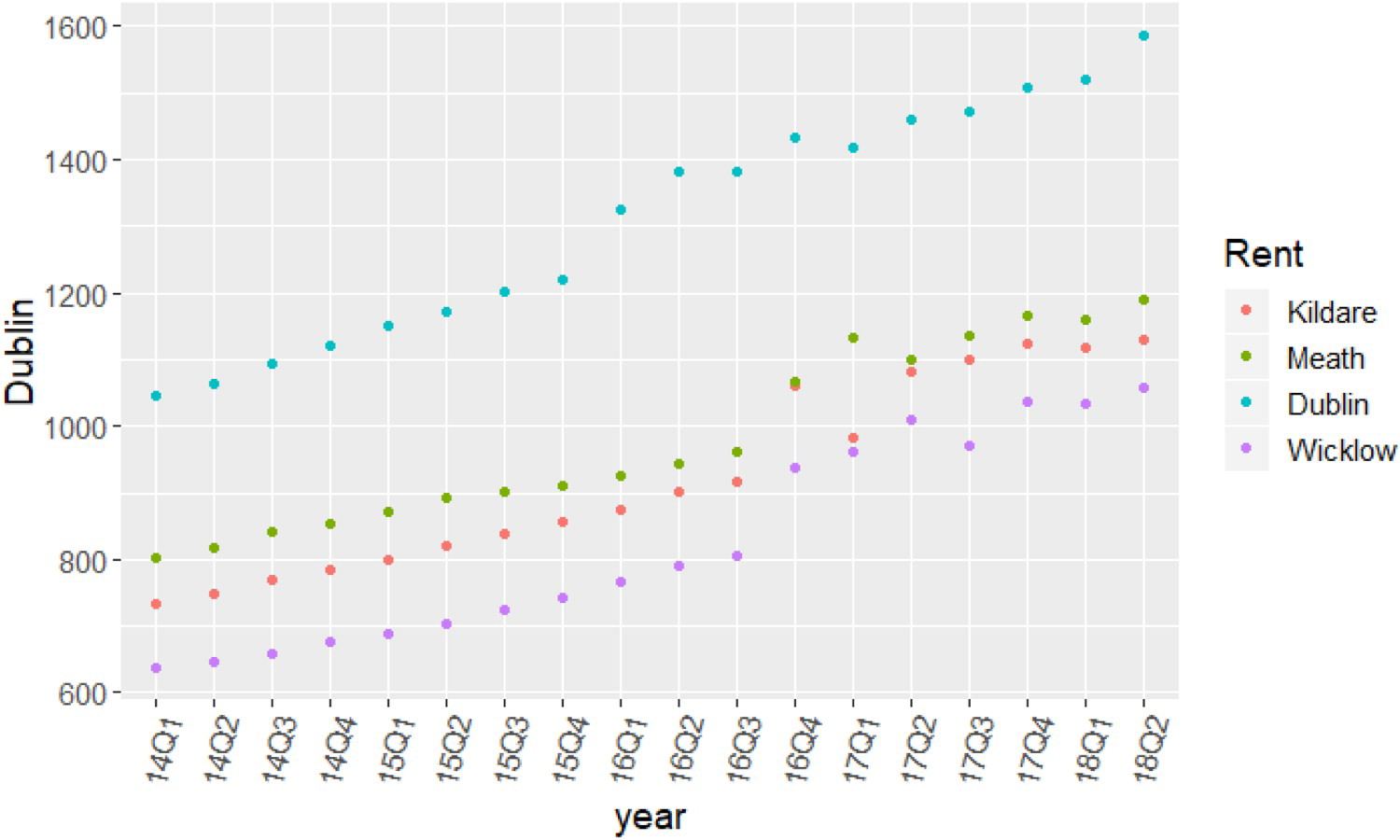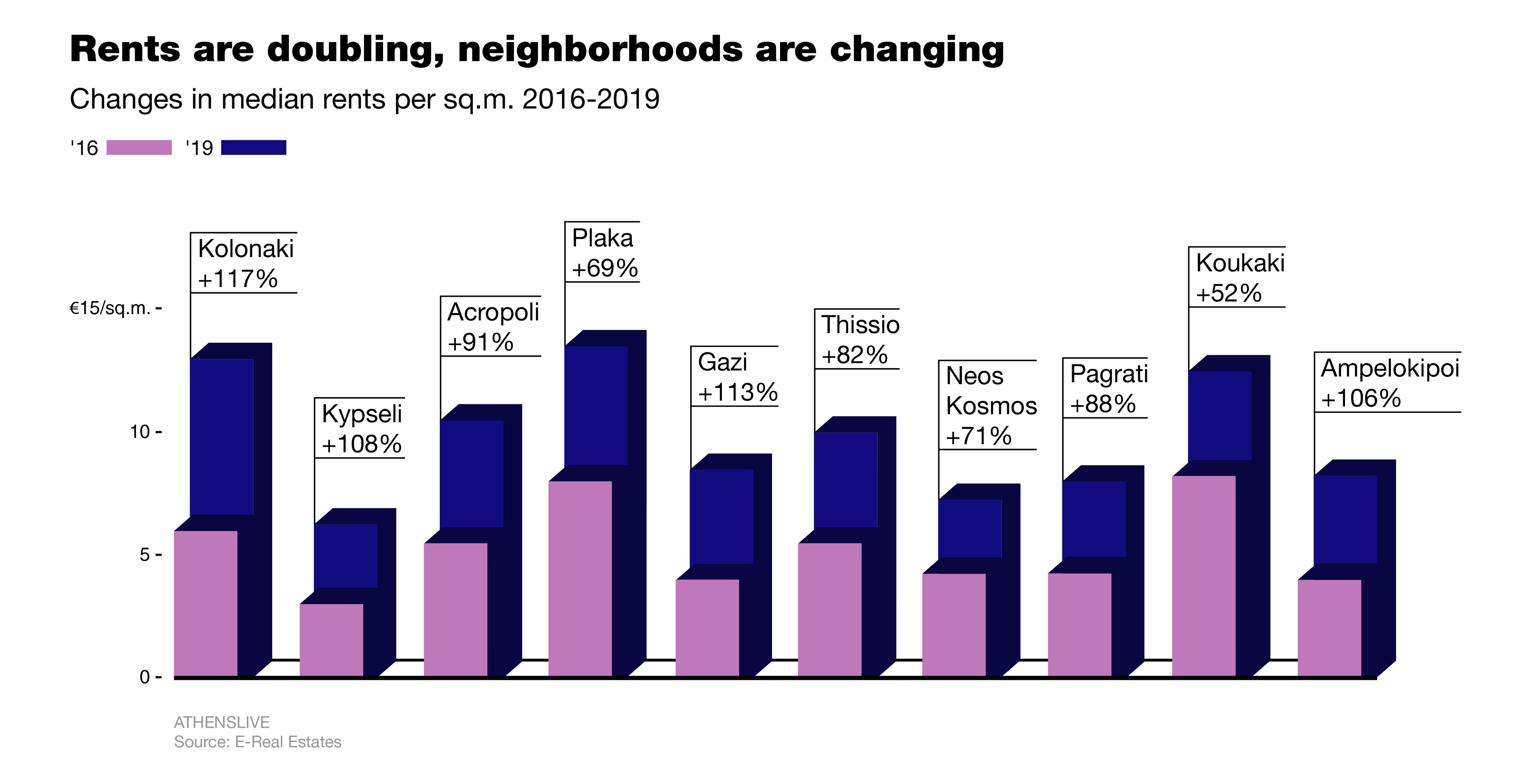HOW CAN DESTINATION AUTHORITIES IMPROVE THE STATE OF AFFORDABLE HOUSING?
Trading off the gains and costs of tourism development for local communities is today a top priority of destination authorities around the world. Online platforms such as Airbnb and HomeAway have redefined what we used to know as a destination experience and created new opportunities for residents and homeowners to get involved in and benefit from the fast growth of the short-term rental market.
However, their activity has also had adverse effects on destinations in relation to rising property prices and gentrification. For the European Commission’s Joint Research Centre, the transition of existing and future housing into the short-term rental market is a result of higher profitability than long-term renting, combined with the competitive advantage of leading online platforms over traditional accommodation options. Among several studies in the US, Frank Zou examined in 2019 how single-family home prices are affected in areas of Washington DC when there are Airbnb properties available nearby. Factors such as the density of Airbnb listings along with proximity to Metro stations and historic landmark should be held responsible for significant variations in property prices between different areas. Property prices went up to 12 per cent in the area with the highest density of Airbnb listings based on Zou’s study.
Several studies and reports indicate a similar pattern across European cities:
- The fact that homeowners are withdrawing entire homes from the long-term rental market to list them on Airbnb is a vivid element of the current housing crisis in Greater Dublin, Ireland. Housing prices and rents are much higher over time both in the city of Dublin and its nearby counties, while total properties and entire homes listed in Airbnb almost doubled in Greater Dublin over the period 2016-2018 (Valesca Lima, 2019).

- The phenomenal growth of Airbnb is a key factor putting pressure on rental prices, as it exacerbated an already reduced housing supply while keeping prices high. Adjacent to key visitor attractions, neighbourhoods such as Kolonaki, Plaka and Koukaki saw the most significant increases in rental prices over the period 2017-2019 (Sotiris Sideris, 2019).
 Source: Sotiris Sideris, 2019
Source: Sotiris Sideris, 2019-
In Barcelona, a recent analysis indicated that the city’s areas with the highest density of Airbnb listings have registered a rise of 19 per cent on the transaction (posted) prices of properties and 7 per cent rise on rental prices for the period between 2012 and 2018 (Economic Institute of Barcelona, 2019).
-
In Salzburg, Austria, recent evidence suggests that 75 per cent of the Airbnb listings are apartments or houses, of which 50 per cent are permanently taken out from the real estate market. This surpasses Vienna where the respective share goes up to 38 per cent. Furthermore, the majority of short-term rentals are managed by commercial operators, who have multiple properties. 90 per cent of generated revenues go to providers who earn more than 1500 EUR per month (Van-Hametner et al, 2019).
What we should
remember, however, is the wide scope of housing issues and their implications.
The transition of housing properties from the long-term to the short-term
rental market is only one in a series of structural changes that signify the
transformation of real estate sectors into becoming service industries,
embracing complexity and putting forward creative solutions for different
aspects of human activity. In the words of PWC,
the real estate industry will have to undertake operational risks in order to
find its way within the current “blurring of sector boundaries as part of a
bigger investment picture in which mixed-use assets, improved transport
connectivity, greater use of technology and smart mobility solutions are all
seen as integral to the economic growth of Europe’s cities and the investment
potential of real estate.”
The critical
point here is that destination authorities still have adequate space to
manoeuvre so as to minimize the adverse effects of short-term rental activity
and fulfil their mandate to serve local communities. Our take on this opportunity involves several
recommendations:
- Integrate requirements into the application processes that ensure a minimum level of quality for all registered properties or provide incentives for owners who are willing to upscale the energy and environmental design of their properties.
- Consider strict restrictions for a certain period of time during which decisions on new measures will be finalised and start to apply or existing measures will be assessed for their performance before any further revisions.
- Invest in advanced tools and human resources that will facilitate the collection, processing and analysis of both quantitative and qualitive data (e.g. online register, barometer of rental prices, surveys of local communities).
- Maintain a dedicated line for complaints by hosts, visitors and neighbours and ensure the resources that will enable you to investigate whether and under what circumstances a violation has occurred.
- Keep local communities engaged by providing accurate data and insights and undertaking discussions for housing issues in public forums on a periodic basis.
Interested to know more about an approach that will enable your destination to minimize negative effects on housing and align the agenda of destination management with local community priorities?
Feel free to contact us at info@toposophy.com or find out more about our past, similar work on international projects below:
- Key milestones of our 5-year partnership with HOTREC
- Our report on The Collaborative Economy and Scottish Tourism for Scottish Enterprise
- Our report on DMOs and the Sharing Economy for European Cities Marketing
- Our analysis of how destination authorities have recently managed to balance between different regulations and tactics on short-term rentals (April, 2019)
- Our review of key takeaways from the International Conference on the Regulation of the Sharing Economy in Valencia, Spain (November, 2019)

COMMENTS